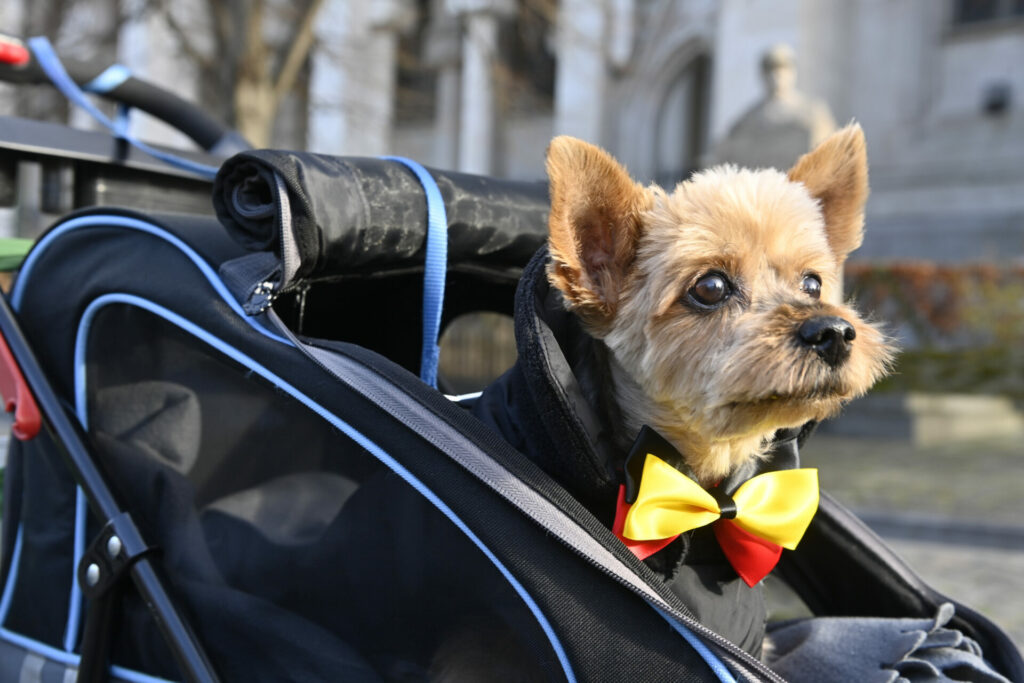When you make the decision to get a dog, you quickly realise that the budget can be variable depending on the pedigree of the dog.
In Belgium, the Royal Society of Saint Hubert is responsible for improving the quality of dog breeding in this country. Founded in 1882, the society awards 25,000 pedigrees per year and controls the work of 2500 amateur and professional breeders.
A year after its foundation, the society opened the Livre des Origines Saint-Hubert or L.O.S.H, the directory of all purebred dogs born in Belgium and the year of its their registry as a pedigree breed. It is the only officially recognised dog directory in Belgium.
But what exactly is a pedigree?
The pedigree L.O.S.H. is, in a way, the birth certificate of a dog and its identity card; it attests to the ancestry of the dog over three registered generations, becoming essentially a purebred family tree.
The purity of the ancestry remains the unique guarantee of the preservation of the natural qualities both physical and behavioural of the breed fixed by conscientious breeding.
Bad selections can sometimes lead to the appearance of defects that jeopardise the quality of the canine breed. To date, L.O.S.H. pedigree dogs represent less than 20% of the approximately 1,500,000 dogs in Belgium.
Related News
- Fly Away Home: Belgian zoo releases young black vultures in Bulgaria
- Brussels municipalities call for animal shelter donations
- Antwerp Zoo welcomes king penguin chick
But in the world of breeding, the pedigree makes it possible not only to guarantee the acquisition of a dog in the best conditions but also the well-being of the breeding, registered breeders can only produce two litters over two years from the same dog.
Beware the dog
While the pedigree gives information on the origins of the dog, and on its ancestry, it does not constitute a certificate of good health and does not give you a guarantee on the behaviour of the dog.
Having a dog with pedigree is never more than a guarantee of reproduction. If the goal is bringing a balanced, good-natured dog into the family, the pedigree is not the Holy Grail.
Shelters in particular are full of dogs awaiting adoption, while some small family breeders that do not necessarily deliver the pedigree will be able to give you puppies raised in good conditions, which are well socialised, identified and vaccinated as the legislation requires.
The choice of the dog will be based above all on the expectations of the family and this stage of reflection is very important; how much time you have for the dog, the space you can offer it, and the composition of the family are crucial elements to consider when you select the type of dog for your home.
Once you are fixed on these criteria, you are free to choose the sector that suits you: a recognised breeding, a family breeding, or a refuge.
Additional tips
Keep in mind that one or two visits to the future puppy are essential to get an idea of its environment, and the hygiene of the place. Do not forget that the sale of animals via social networks is currently totally prohibited.
Finally, do not hesitate to take advice from your future veterinarian or your assigned veterinarian if you already have one. The selection of the puppy is a very important decision that will bind you to it for many years.

